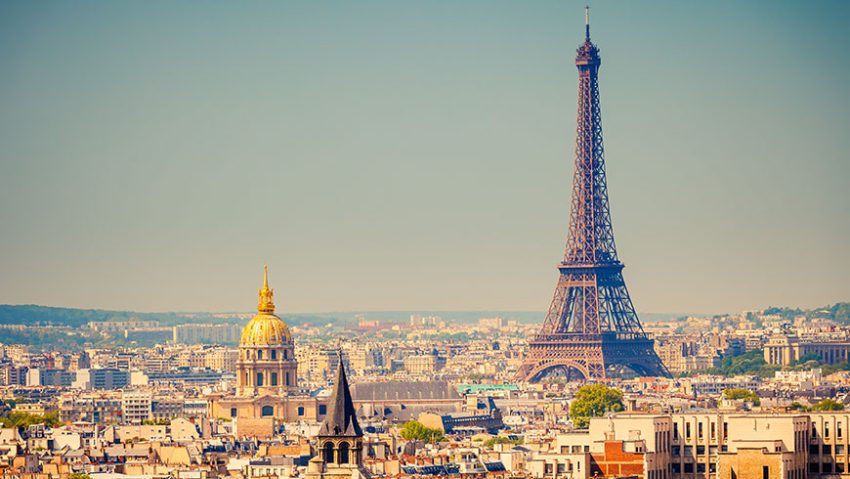French President Emmanuel Macron on Friday nominated Francois Bayrou as the country’s new prime minister, succeeding Michel Barnier, who was ousted in a vote of no confidence on Dec. 4.
Bayrou, the fourth French prime minister nominated in 2024, has now been tasked with forming a government, the Elysee said. The centrist ally of Macron is expected to make a 2025 budget, to be adopted by the National Assembly.
Born in 1952, Bayrou founded the centrist party Democratic Movement (MoDem) in 2007. He ran as a presidential candidate three times, in 2002, 2007, and 2012.
Following the Elysee’s announcement, the president of the far-right wing party National Rally (RN), Jordan Bardella, told French news channel BFMTV that his party would not immediately censor Bayrou, but added that Bayrou should “understand that he has no democratic legitimacy nor the majority in the National Assembly, which requires a dialogue with all the forces represented in the parliament.”
Meanwhile, the hard-left party La France Insoumise (LFI) has announced it will launch a no-confidence vote to bring down Bayrou.
LFI has repeatedly said that the position of prime minister should be given to someone from the alliance of left-wing parties, which won the most seats in the snap legislative elections held this year.
Speaking to the press Friday afternoon, Bayrou stressed the need for a reconciliation. “Everyone understands the difficulty of the task…There is a path to be found that unites people instead of dividing them,” he said.
During the transfer of power ceremony held Friday evening at Matignon, the French prime minister’s office, Bayrou said that he recognized the seriousness of the political situation in France.
Bayrou noted that he wanted to break down the “glass wall which is built between the citizens and the authorities.” He also promised to make it his duty to “give opportunities to those who do not have any.”
As one of his first tasks, Bayrou acknowledged the problems regarding the deficit and budget.
Bayrou’s nomination came at a crucial time for Europe as Germany is preparing for elections and Trump is going to be sworn in as U.S. president.
According to BFMTV, German Chancellor Olaf Scholz congratulated Bayrou for his nomination.
“France and Germany are very close neighbors and friends at the heart of Europe. I am delighted by the close collaboration between our two governments in the spirit of Franco-German friendship,” Scholz said in a press release, cited by BFMTV.
European Commission President Ursula von der Leyen also congratulated Bayrou. “Let’s all work together for a stronger, more competitive Europe that has the means to defend itself,” she said on her X account.
On Dec. 4, the French National Assembly voted in favor of a no-confidence motion against Barnier, compelling him to resign and causing the government to collapse. Barnier’s government became the first to fall to a no-confidence vote since 1962.

